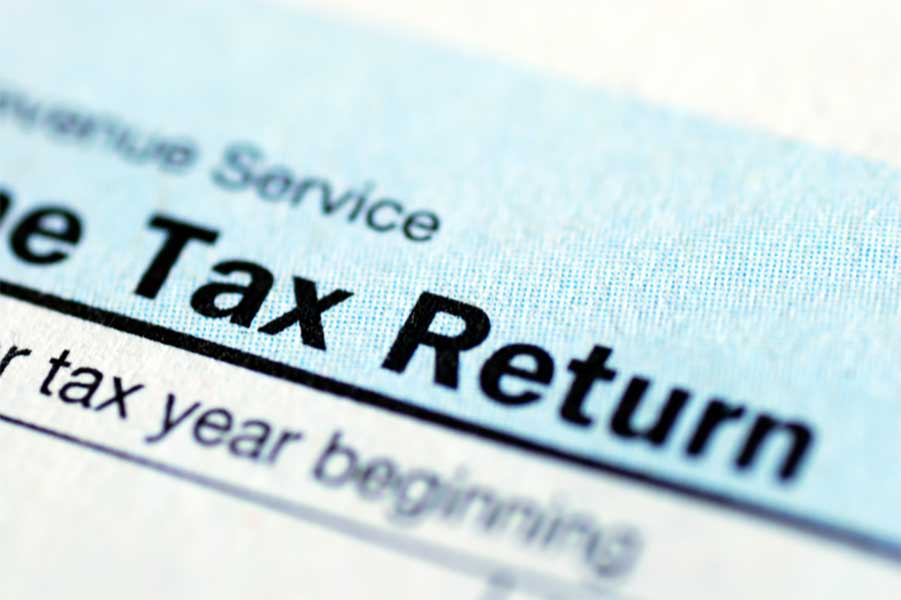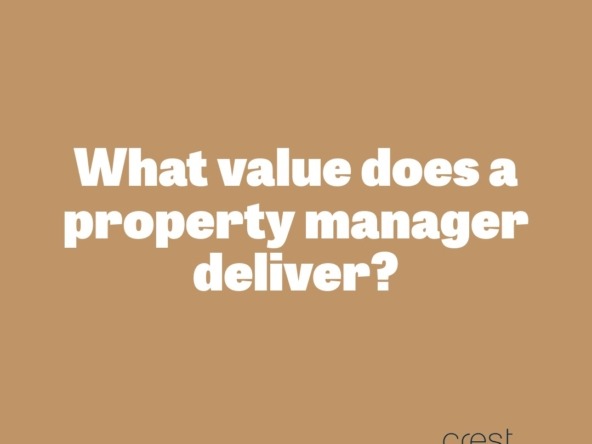As the end of financial year fast approaches, this is the ideal time to ensure your property portfolio is up to date for tax purposes. Here we offer some tax tips for property investors.
It is important to work with your accountant during this time of year so you have ample time to implement any strategies that will help your financial situation.
- Tax depreciation schedule – Many investors underestimate the entitlements of a depreciation schedule. Make sure you have acquired a schedule. It will provide great tax benefits, particularly the newer the property.
- Interest payments – With the guidance of your accountant you may want to look at pre-paying interest in advance to increase your tax deductions. This essentially means you may be claiming interest payments for two years in the one financial year.
- Property expenses – If you have some anticipated expenses, from maintenance costs to owners corporation fees or rates, you may consider paying them prior to the due date as they may fall after the end of the financial year.
- Maintain good records – Any transaction that is investment based, should be carefully documented. Evidence is required, so keeping tidy files will allow you to share the information better with your accountant and hopefully reduce your accounting bill.
- Capital gains tax – This strategy requires advice from an accountant. In the event you incur a capital gain, take note if you have any capital losses carried forward from my years. There are quite a few tax strategies, but we encourage you discuss this further with your accountant. You may find this very rewarding.
- Negative gearing – If your investment property is negatively geared, meaning the outgoings (incl. depreciation) exceeds your rental returns, they can potentially be used to offset other forms of income. The most common income investors wish to offset is their salary. If the investment property is owned in a business or trust, this may not be available to you. When buying an investment, discussing the ownership is very important. Accountants highlight the advantages/disadvantages of each ownership type. Some may want more asset protection, while other may want to use the negative gearing to reduce their personal tax.
- PAYG variation – If your property is negative geared, as mentioned in the prior point, you can potentially access the tax deduction during the course of the year rather than wait to complete your end of year tax return. This may assist an investor with cash flow issues, fast track debt reduction or allow them to use the funds to improve/repair their investment property.
These tax tips for property investors are aimed to help you the property investor have a more productive discussion with your accountant. They will help you get the most from your financial circumstance.
While we have taken care to ensure the information above is true and correct at the time of publication, changes in circumstances and legislation after the displayed date may impact the accuracy of this article. If you want to learn more please contact us. We welcome the opportunity to assist you.
June 2020













